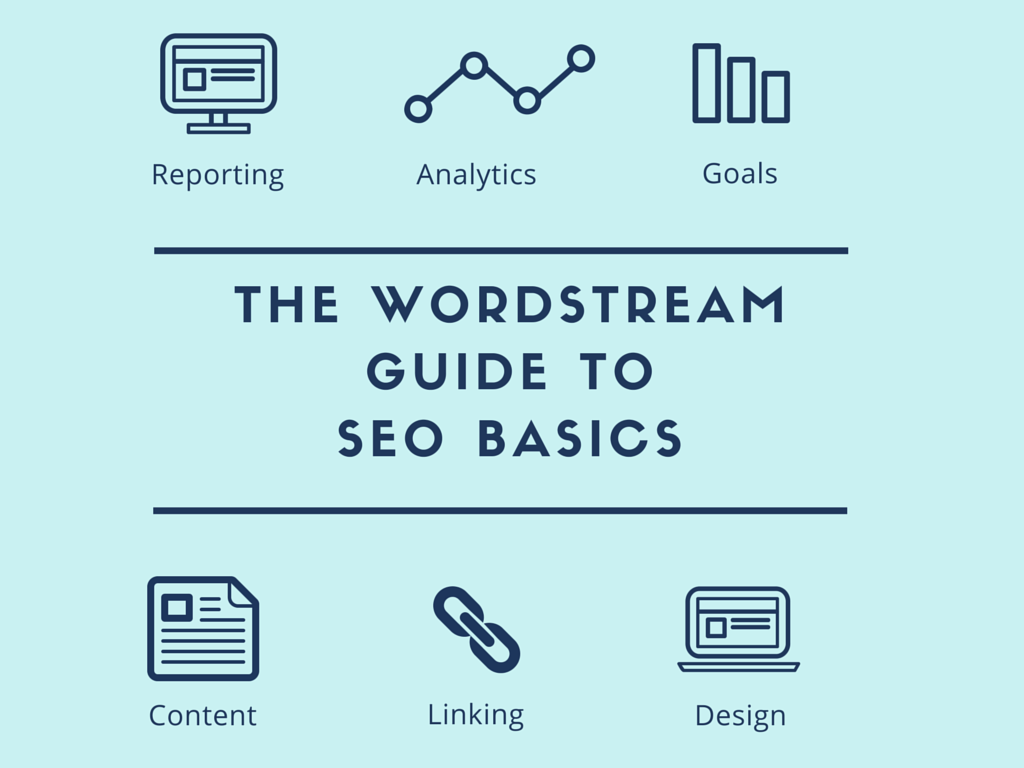Market Compass: Your Overview to Mastering Search Engine Optimization for Company Growth
Market Compass: Your Overview to Mastering Search Engine Optimization for Company Growth
Blog Article
The Comprehensive Overview to Executing Search Engine Optimization Management Methods That Drive Organic Website Traffic and Boost Engagement
By understanding the core principles of Search engine optimization and executing a systematic method that includes thorough keyword research and on-page optimization, companies can drive significant natural website traffic. Exploring the nuances of these techniques not just discloses the possibility for increased visibility however also highlights the essential variables that can make or break a successful Search engine optimization campaign.

Understanding Search Engine Optimization Fundamentals
A solid understanding of search engine optimization principles is crucial for any kind of digital advertising technique. At its core, SEARCH ENGINE OPTIMIZATION, or Browse Engine Optimization, involves maximizing a site to enhance its presence on search engines like Google. This procedure is important due to the fact that higher presence can cause boosted natural website traffic and much better user engagement.
Trick components of search engine optimization include on-page optimization, off-page optimization, and technical search engine optimization. On-page optimization refers to the components on a website itself, such as material top quality, meta tags, and user experience. Off-page optimization encompasses outside variables like backlinks and social media existence, which can influence a site's authority and ranking.
Technical search engine optimization concentrates on the backend framework of a web site, guaranteeing it is crawlable and indexable by online search engine. This includes aspects such as website rate, mobile-friendliness, and secure links (HTTPS) Recognizing these aspects is important, as they operate in tandem to improve a website's performance.
In Addition, SEO is a continuous process that needs continuous adaptation to internet search engine algorithm updates and developing customer actions. Developing a strong foundation in search engine optimization basics inevitably lays the groundwork for more advanced methods that can drive sustained organic development.
Performing Efficient Key Words Research Study
Performing reliable keyword research is critical for optimizing electronic web content and ensuring it lines up with individual intent. This process includes determining the terms and expressions that prospective clients utilize when looking for items or details related to your organization. By understanding these key words, you can customize your material to fulfill the requirements of your target audience, inevitably driving even more natural traffic.

Frequently take another look at and update your keyword listing, as fads and individual actions progress over time. This recurring process makes certain that your SEO efforts stay reliable and lined up with market modifications.
Maximizing On-Page Elements
Making use of reliable on-page optimization methods is essential for enhancing the visibility and relevance of your web content in search engine results. On-page elements, such as title tags, meta headers, descriptions, and photos, play a Read Full Article crucial function in communicating the objective and context of your web pages to search engines and users alike.
First, make sure that your title tags are concise, pertinent, and consist of main keywords. This not just aids online search engine in recognizing the material but also encourages individual click-throughs. In a similar way, meta descriptions need to be detailed and engaging, summing up the web page material while incorporating targeted keywords.
Headers (H1, H2, H3) help structure your content and boost readability. Including key phrases in these headers can offer additional context for online search engine, better maximizing your web page. Additionally, utilizing descriptive alt text for photos enhances availability and can boost picture search rankings.
Enhancing Individual Experience
An optimum user experience is critical for preserving visitors and encouraging interaction on your web site. Producing a seamless trip for users not only enhances complete satisfaction yet likewise reinforces your SEO efforts. Key facets of individual experience include site rate, mobile this link responsiveness, and intuitive navigation. A fast-loading site minimizes bounce prices, as individuals are less most likely to abandon a page that lots swiftly.
Mobile responsiveness is just as important, offered the enhancing variety of users accessing web sites by means of smartphones and tablet computers. Ensuring your site adapts fluidly to various display sizes can dramatically improve usability.
Intuitive navigation permits users to discover details easily, which enhances the possibility of them discovering even more web pages on your site - Market Compass. Applying a clear food selection framework, breadcrumb tracks, and a durable search attribute can even more improve this procedure
In addition, high-grade material that deals with individual needs straight adds to a favorable experience. Executing visually enticing design aspects while maintaining readability is vital.
Determining and Analyzing Results
The reference performance of user experience strategies can be gauged via careful measurement and evaluation of results. To achieve this, organizations need to establish clear Key Efficiency Indicators (KPIs) that line up with their search engine optimization goals. Metrics such as organic website traffic, bounce rate, session period, and conversion rates provide beneficial insights into customer engagement and total website performance.
Making use of tools like Google Analytics and Browse Console permits thorough information collection and evaluation. These systems enable businesses to track individual behavior, identify high-performing content, and pinpoint locations needing renovation. Routinely assessing these metrics assists in a proactive technique to SEO monitoring, enabling teams to adapt approaches based upon real-time data.
Additionally, A/B screening can be an indispensable method for evaluating adjustments made to the individual experience. By comparing user interaction levels prior to and after executing adjustments, firms can establish the performance of their techniques.
Verdict
In conclusion, the implementation of detailed search engine optimization monitoring strategies is important for boosting website presence and driving natural website traffic. By focusing on foundational aspects such as keyword study, on-page optimization, and user experience, companies can substantially improve involvement. Moreover, recurring measurement and evaluation of vital performance indicators make certain the effectiveness of these strategies, permitting needed adjustments in response to the vibrant electronic landscape. Regular updates and a positive strategy are essential for sustained success in SEO initiatives.
Carrying out reliable keyword research study is pivotal for enhancing digital content and ensuring it aligns with customer intent. Consistently revisit and update your key phrase listing, as fads and individual habits progress over time. Developing a smooth trip for customers not just enhances complete satisfaction but also reinforces your SEO efforts.The effectiveness of customer experience strategies can be gauged through thorough dimension and evaluation of outcomes. By concentrating on foundational components such as keyword study, on-page optimization, and user experience, companies can substantially boost engagement.
Report this page